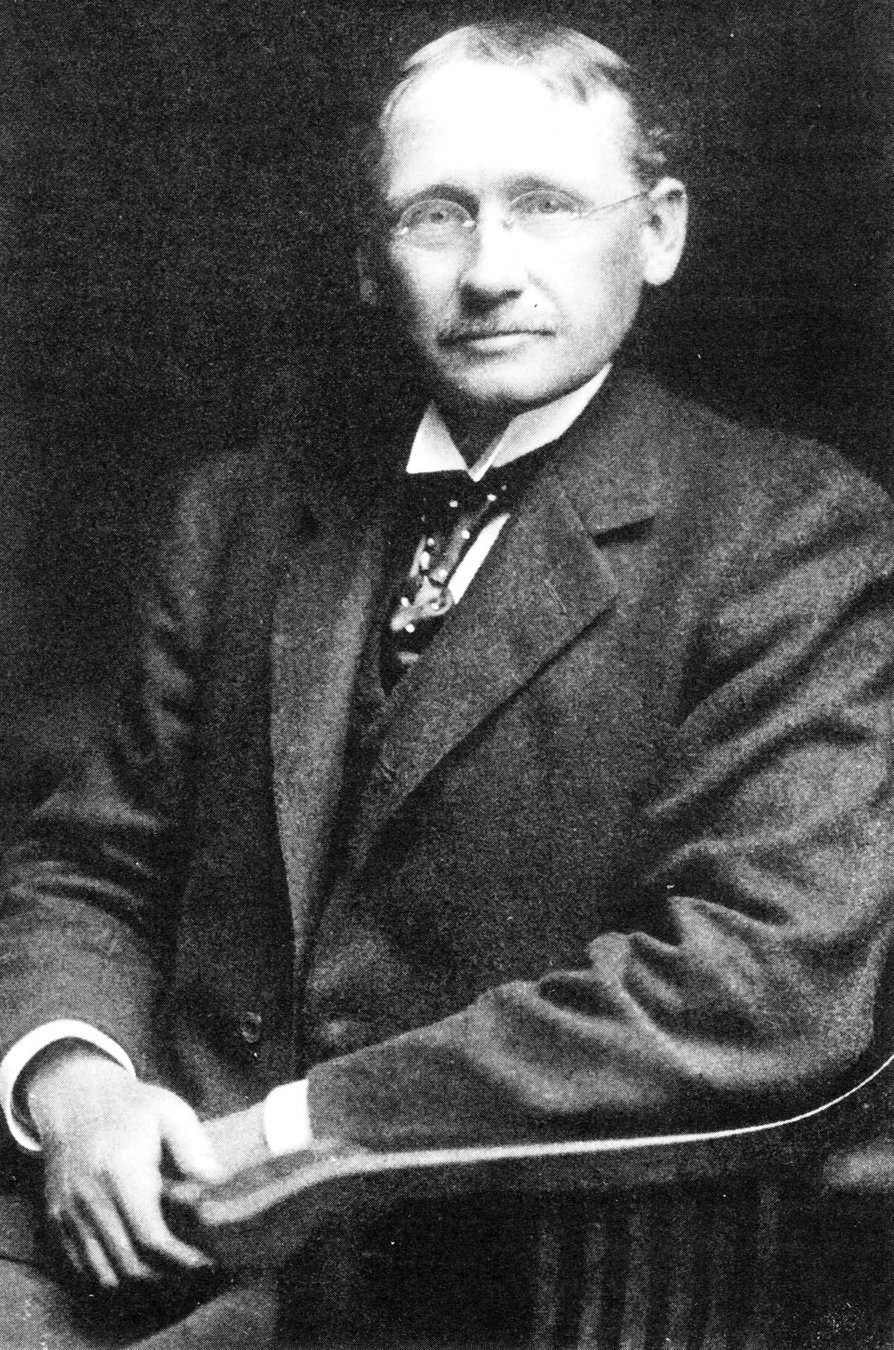From Taylorism to Lean
1962
General Motors open the
Fremont Assembly Plant
1982
Fremont Plant Shut Down
- labor relations almost completely broken down
- workers drinking and gambling on the job
Congress threatens to restrict imports
1984
Toyota and General Motors join to open NUMMI
Toyota agrees to re-hire union leaders from Fremont Assembly Plant
*Not the same Bruce Lee
Workers
fly
Japan to learn the TPS
Eiji Toyoda
1913-2013
- NUMMI plant producing near-perfect quality cars
- some of the best quality in America
- as good as those coming from Japan
- at a much lower cost than Freemont Assembly had achieved
- Lee had been right in his bet
Three month later
"It was the system that made it bad, not the people"
Highest priority: quality
TPS Principle
Problems must be fixed ASAP
Workers can summon the manager to come and help to try to resolve the problem within time available
If not fixed in time, workers can stop production until fixed
Team will later experiment wth ideas to prevent the problem from occuring again
- Andon Cord stops production
- Activated by workers or equipement
- Now part of the Lean approach
TPS Revolution
Primary task of managers: help workers
Workers have the power to stop the line
They should be involved in how to improve the system
Recurring theme: teamwork

Frederick Taylor
1856-1915
Scientific Management
"Taylorism"
- Management job: analyze the work and break it down into discrete tasks
- Tasks are performed by specialized workers
- Workers need to understand nothing more than how to do their particular specialzed task as efficiently as possible
- Fundamentally thinks of organizations as machines
- High level of managerial control over employee work practices
- High ratio of managers / laborers
- Obsolete by the 1930s
TPS
- Workers and managers collaborate across functions to constently improve - and sometimes radically redesign - the system
- High trust culture focused on continuous improvement (kaizen)
- Everybody is aligned in their goal of building high quality product
Essential to building a large organization that can adapt rapidly to changing conditions
Taylorism
Makes workers into cogs in a machine, paid simply to perform preplanned actions as quickly as possible
TPS
Requires workers to pursue mastery through continuous improvement, imbues them with a higher purpose - ever higher levels of quality, value and customer service - and provides a level of autonomy by empowering them to experiment with improvement ideas and to implement those that work
Rick Madrid
worked both at the Fremont plant both before and during the NUMMI era
TPS changed my life from being depressed, bored - and like my son said, it changed my attitude. It changed all for the better.
Straightforward ?
Actually, very hard to adopt !
- Changes to hierarchy
- Removal of visible trappings and privileges of management
- No more ties at the plant, to emphasize the fact that everybody was part of the same team
- Everybody has to learn all the jobs required of their team and rotate through them
Van Nuys plant
- Same problems as in Fremont
- Failed to adopt the system
- Workers and managers rebelled in face of changes
- They simply "didn't believe that otherwise it would shut down"
- Closed in 1992
General Motors
- Took 15 years to decide they needed to seriously prioritize implementing the TPS
- Further 10 years to actualy implement it
- It was too late
- GM bankrupts in 2009
2010
- So that they can innovate even faster
- It's now the only brand that can upgrade cars
NUMMI becomes a Tesla factory
A Lean Enterprise is Primarily a Human System
Thank you
Lean Enterprise by Jez Humble, Joanne Molesky & Barry O'Reilly
History of Taylorism and Lean
By James Pic
History of Taylorism and Lean
- 4,014



